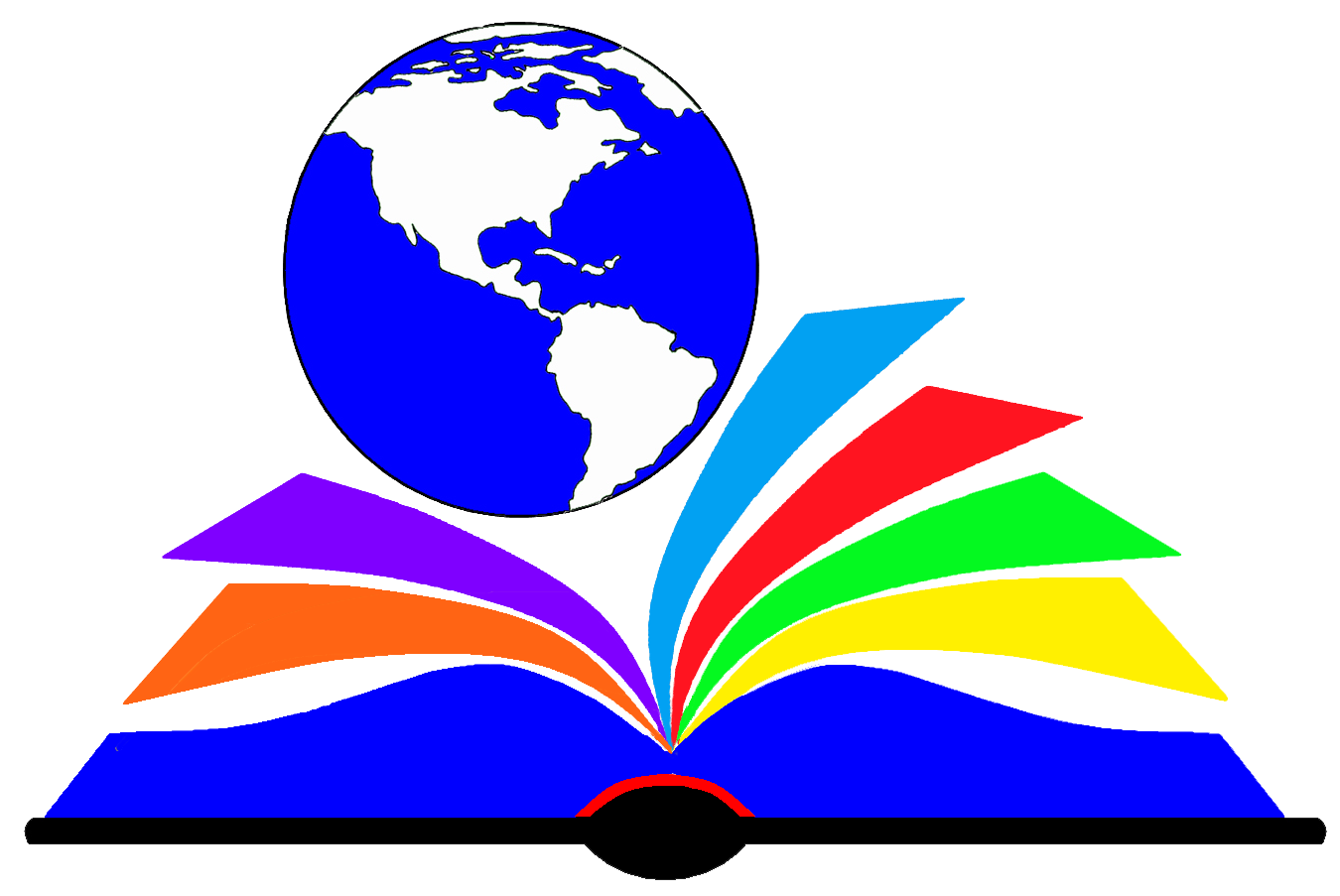When : the scientific secrets of perfect timing / Daniel H. Pink.
Publication details: New York, New York : Riverhead Books, an imprint of Penguin Random House, 2018.Description: 258 pages : illustrations ; 24 cmISBN:- 9780735210622 (hc.)
- Scientific secrets of perfect timing
- 153.7/53 23
- BF468 .P57 2017
| Item type | Current library | Call number | Status | Date due | Barcode | |
|---|---|---|---|---|---|---|
| 100 - 199 | Hanover Public Library Shelves | 153.753 PINK (Browse shelf(Opens below)) | Available | 31906001106500 |
Browsing Hanover Public Library shelves, Shelving location: Shelves Close shelf browser (Hides shelf browser)
Includes bibliographical references (pages 219-250) and index.
Introduction: Captain Turner's decision -- Part One. The day : The hidden pattern of everyday life ; Afternoons and coffee spoons: the power of breaks, the promise of lunch, and the case for a modern siesta -- Part Two : Beginnings, endings, and in between. Beginnings: starting right, starting again, and starting together ; Midpoints: what Hanukkah candles and midlife malaise can teach us about motivation ; Endings: marathons, chocolates, and the power of poignancy -- Part Three : Synching and thinking. Synching fast and slow: the secrets of group timing ; Thinking in tenses: a few final words.
Daniel H. Pink, the author of Drive and To Sell Is Human, unlocks the scientific secrets to good timing to help you flourish at work, at school, and at home. Everyone knows that timing is everything. But we don't know much about timing itself. Our lives are a never-ending stream of "when" decisions: when to start a business, schedule a class, get serious about a person. Yet we make those decisions based on intuition and guesswork. Timing, it's often assumed, is an art. Pink shows that timing is really a science. Drawing on a rich trove of research from psychology, biology, and economics, Pink reveals how best to live, work, and succeed. How can we use the hidden patterns of the day to build the ideal schedule? Why do certain breaks dramatically improve student test scores? How can we turn a stumbling beginning into a fresh start? Why should we avoid going to the hospital in the afternoon? Why is singing in time with other people as good for you as exercise? And what is the ideal time to quit a job, switch careers, or get married?
There are no comments on this title.
 Hanover Library Catalogue
Hanover Library Catalogue